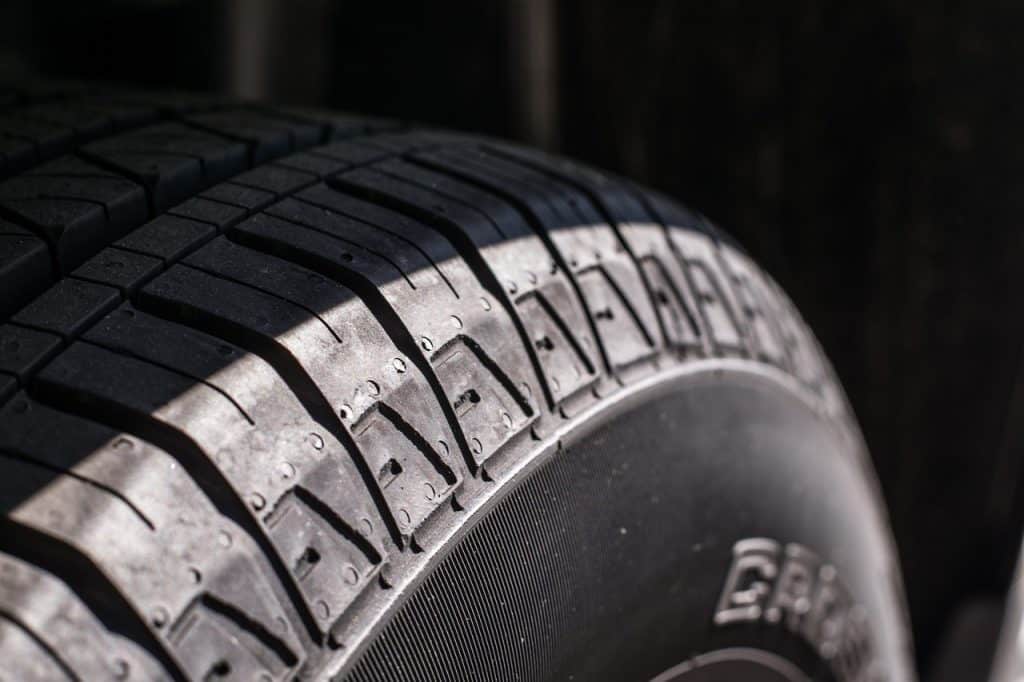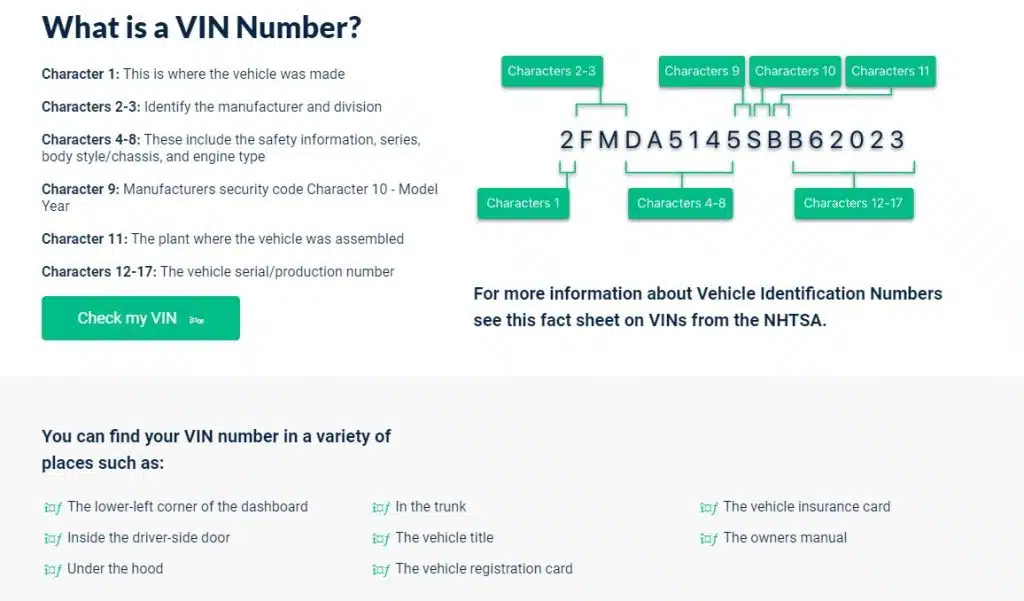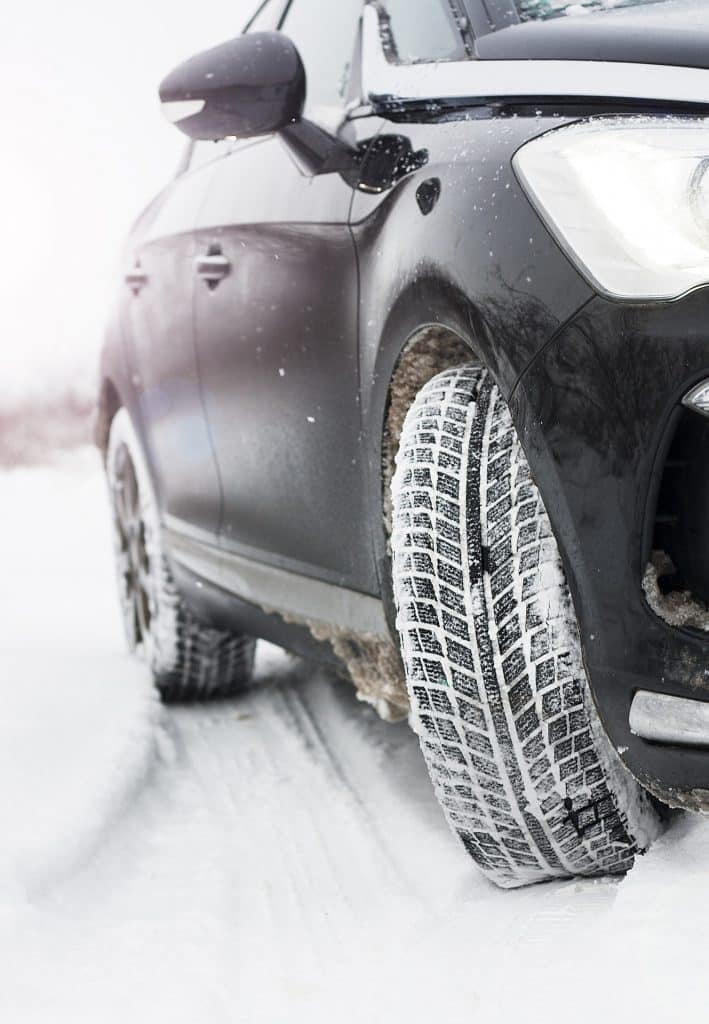If you live in an area prone to snow, ice and slush during the winter, then you will benefit from using snow tires. Most people have heard about these tires but are unaware of the difference between them and all-season tires.
What is a Snow Tire?
What makes snow tires different than other tires? Snow tires are designed with different features from regular tires to perform better on snow and ice. These tires can be studded or unstudded.
Studded snow tires have rubber or metal studs inserted into the treads. These tires perform better where there is a lot of ice and snow. Unstudded tires have a unique tread design that helps them perform better in slushy and snowy conditions.
Snow Tires vs Regular Tires
Regular tires are designed for everyday driving conditions. The rubber in all-season tires can potentially freeze in severe conditions, making it brittle. This could lead to tire problems. Regular tires also have a different tread pattern than snow tires.
Snow tires are specifically designed to work in snow and ice. These tires have special tread patterns and use different rubber so that they do not freeze. The tread patterns in these tires can help you accelerate and stop easier in winter weather conditions.
Do Snow Tires Wear Out Faster?
When used during the winter, your snow tires will wear down at the same pace as your regular tires. However, using snow tires during any other season when there is no snow or ice on the ground can cause them to wear down quickly.
It is never a good idea to use snow tires off-season. In addition to wearing down the tires much faster, snow tires with studs in them can tear up the asphalt on the roads. You will also experience excessive road noise when you drive with snow tires during the summer.
How Fast Can You Drive On Snow Tires?
You can drive at regular speeds when you are using snow tires. The extra traction you get from these tires will help you accelerate and stop more easily. However, you should always base your speed on road and weather conditions, not the type of tires you use on your vehicle.
Are Snow Tires Effective?
Snow tires are very effective for driving in snowy and icy conditions. If you experience frequent snow, slush, or ice in your area, you should consider having a set of snow tires for your vehicle.
To make life easier when it is time to put on the snow tires, consider purchasing a pair of “winter rims” for your vehicle. You can have the snow tires mounted to these rims; that way, you can change the tires each season. This is much easier and more cost-effective than having your tires changed on one set of rims twice a year.
Do All Weather Tires Work in Snow?
You can use all-weather tires in the snow, but they do not perform as well as snow tires. You will not get the same traction on the ice as you would with snow tires, and these tires can make stopping harder. All-weather tires also have the potential to freeze in frigid weather, making them brittle. This is a potential problem and can lead to tire blowouts.

How to Tell if You Have Winter Tires
Most winter tires will say they are winter tires on the side of the tire where the manufacturer’s name is located. Manufacturers may also emboss a snowflake on these tires to indicate they are snow tires. If the tires do not indicate what type of tires they are, look at the tread. If the tread has studs in them, it is a winter tire. If they do not have studs, there is still potential for them to be winter tires. The last thing you can do is look up the name of the tires and see if it tells you the type of tire.
When Should I Put Snow Tires On My Car?
As soon as the weather starts getting cold enough to snow, it is time to install your snow tires. If you have not purchased your snow tires yet, make sure you start shopping before the cold weather sets in. Once the snow begins, it will be harder to get snow tires.
Winter weather can make driving in any vehicle more challenging. Snow, ice, and slush will make your vehicle handle differently, even with snow tires installed. Snow tires, however, can improve the way your car performs in these weather conditions.
When driving in the snow and ice, make sure to leave earlier so you can drive slower. Always give yourself extra room to stop, and remember that slower acceleration can help keep your car from sliding on the ice.
When Purchasing A Vehicle
Always remember to run a VINsmart report on any used vehicle before making a purchase. A VINsmart report runs a complete history on the vehicle including whether it has ever been reported as stolen, involved in a major accident, or listed as a totaled vehicle.
VINsmart reports will also give you a registration history and mileage at registration. It reports any significant incidents related to the vehicle, such as being involved in a fire or flood.
When you are purchasing a used vehicle, the best way to ensure you make a good purchase is to know the vehicle’s complete history.






